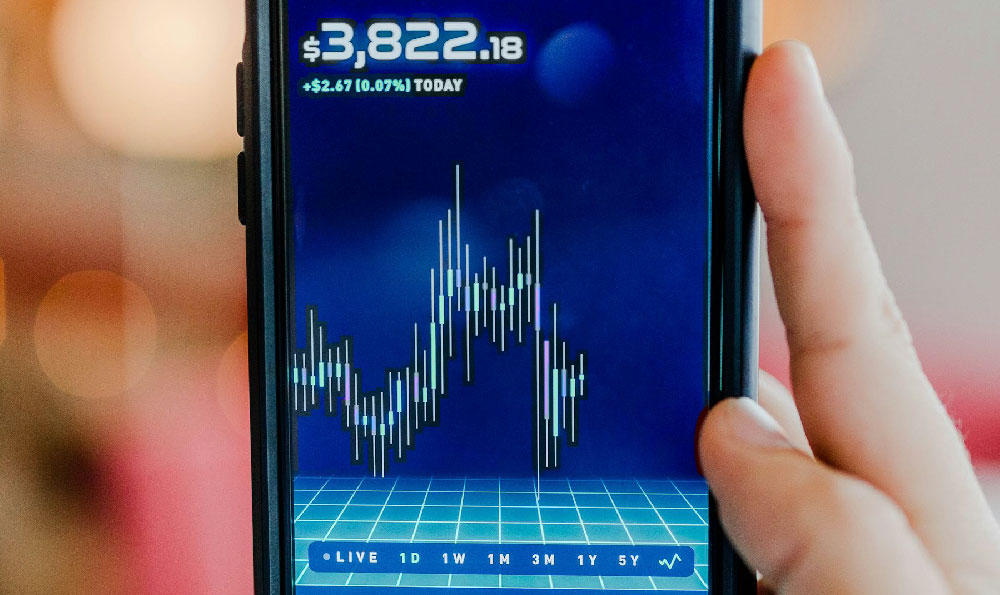How can musicians earn, and what are their revenue streams?
Okay, I'm ready. Here's an article exploring the diverse revenue streams available to musicians, written from a perspective of expertise and aiming for depth rather than bullet-point brevity.
Navigating the Symphony of Income: A Musician's Guide to Revenue Streams
The romantic image of the starving artist, fueled solely by passion and artistic vision, is a captivating narrative, but in the real world, even the most dedicated musician needs to eat. And beyond sustenance, a sustainable career in music requires resources for equipment, promotion, travel, and continued artistic development. Therefore, understanding and strategically leveraging diverse revenue streams is paramount for a musician seeking not just survival, but thriving in today's dynamic music ecosystem. Gone are the days when record sales were the sole determinant of success. While the music industry has undergone seismic shifts, a landscape brimming with both challenges and opportunities has emerged for the savvy artist.

One of the most direct and time-honored methods of earning income for musicians is, of course, live performance. This encompasses a wide spectrum of possibilities, from intimate gigs in local bars and restaurants to headlining stadium tours. The income derived from live performances can vary dramatically depending on the musician's notoriety, the venue size, and the agreed-upon fee or percentage of ticket sales. Local gigs provide a consistent, if often modest, income stream and a valuable platform for honing performance skills and building a local fanbase. Larger concerts and tours, while more lucrative, demand significant investment in promotion, travel, and a support team. Successful touring also requires meticulous planning, contract negotiation, and robust risk management, considering factors like insurance and contingency funds for unforeseen circumstances. Furthermore, the geographical reach of live performances dictates their income potential. A band with a strong following in a specific region can command higher fees within that area, while expanding into new territories requires strategic marketing and relationship building with promoters and venue owners.
Beyond direct performance fees, live shows can also generate revenue through merchandise sales. T-shirts, CDs, posters, and other branded items offer fans a tangible way to support their favorite artist and provide a constant reminder of the live experience. The key to successful merchandise sales lies in offering high-quality, visually appealing products that resonate with the musician's brand and fanbase. Consider limited-edition items, personalized merchandise, and collaborations with local artists to create unique and desirable offerings. Managing inventory efficiently, establishing clear pricing strategies, and providing convenient purchasing options (both at the venue and online) are crucial for maximizing merchandise revenue.
The digital age has opened up numerous avenues for musicians to monetize their work. Streaming platforms like Spotify, Apple Music, and Amazon Music offer a global distribution network, allowing artists to reach a vast audience and earn royalties based on the number of streams their music receives. While the per-stream royalty rates are often low, the cumulative effect of consistent streaming activity can generate a significant income stream, especially for popular artists. To maximize streaming revenue, musicians need to focus on optimizing their music for these platforms, including creating compelling artist profiles, submitting music to relevant playlists, and actively promoting their music on social media.
Digital downloads are another source of income, although their popularity has waned in recent years with the rise of streaming. Platforms like iTunes and Bandcamp allow musicians to sell their music directly to fans, often at a higher price than the equivalent stream royalty. Bandcamp, in particular, offers artists greater control over pricing and allows them to retain a larger percentage of the revenue.
Licensing is a significant, often overlooked, revenue stream for musicians. This involves granting permission to use their music in films, television shows, commercials, video games, and other media. Licensing agreements can generate substantial income, particularly for original compositions and recordings. Working with a music publisher or licensing agency can help musicians navigate the complexities of licensing and secure lucrative deals.
Crowdfunding platforms like Kickstarter and Patreon offer musicians a direct way to solicit financial support from their fans. Crowdfunding campaigns can be used to fund album recordings, music videos, tours, or other creative projects. Patreon allows fans to provide ongoing support to their favorite artists in exchange for exclusive content, early access to music, and other perks. Successful crowdfunding campaigns require a clear vision, a compelling story, and a strong connection with the artist's fanbase.
Teaching music is a stable and rewarding way for musicians to supplement their income. Offering private lessons, group classes, or workshops can provide a consistent stream of revenue and allow musicians to share their passion and expertise with others. Teaching can be done in person or online, expanding the potential reach and flexibility.
Composing and songwriting for others can be a lucrative option, particularly for musicians with strong songwriting skills and a deep understanding of different musical genres. Writing jingles for commercials, composing music for video games, or writing songs for other artists can generate significant income and provide opportunities for creative collaboration.
In recent years, NFTs (Non-Fungible Tokens) have emerged as a novel way for musicians to monetize their work. NFTs are unique digital assets that can represent anything from artwork and music to collectibles and virtual experiences. Musicians can create and sell NFTs of their music, artwork, or other creative content to their fans. While the NFT market is still evolving, it offers musicians a new way to connect with their audience and generate revenue from their work. However, navigating the legal and financial complexities of NFTs requires careful consideration and due diligence.
Ultimately, building a sustainable career in music requires a multifaceted approach to revenue generation. Relying solely on one income stream is risky, as the music industry is constantly evolving and unforeseen circumstances can disrupt even the most successful careers. By diversifying their revenue streams and actively exploring new opportunities, musicians can create a more stable and financially rewarding career path. This requires entrepreneurial spirit, business acumen, and a willingness to adapt to the ever-changing landscape of the music industry. The most successful musicians are not just talented artists; they are also savvy entrepreneurs who understand how to navigate the complexities of the music business and maximize their earning potential. The symphony of income streams, when conducted with skill and strategic vision, allows the musician to truly thrive.















